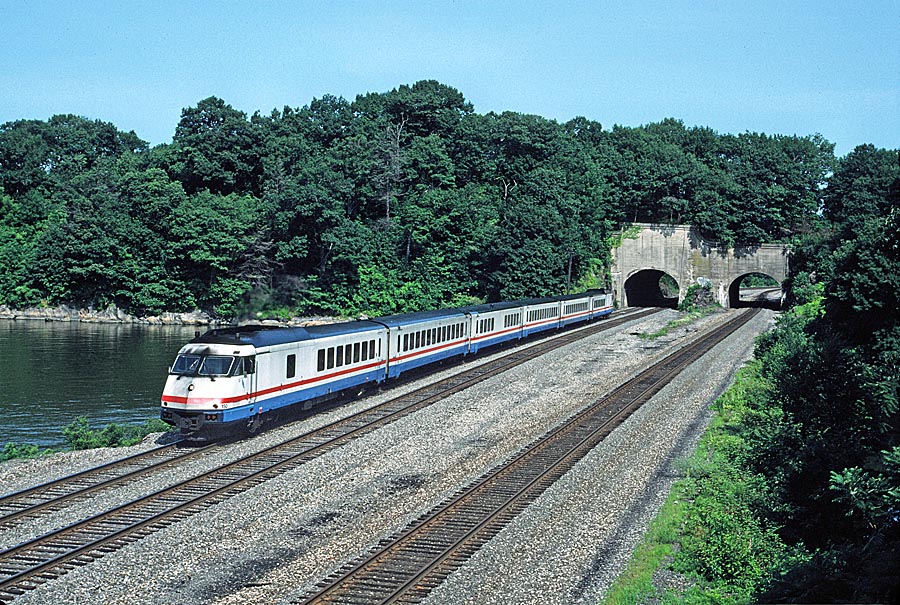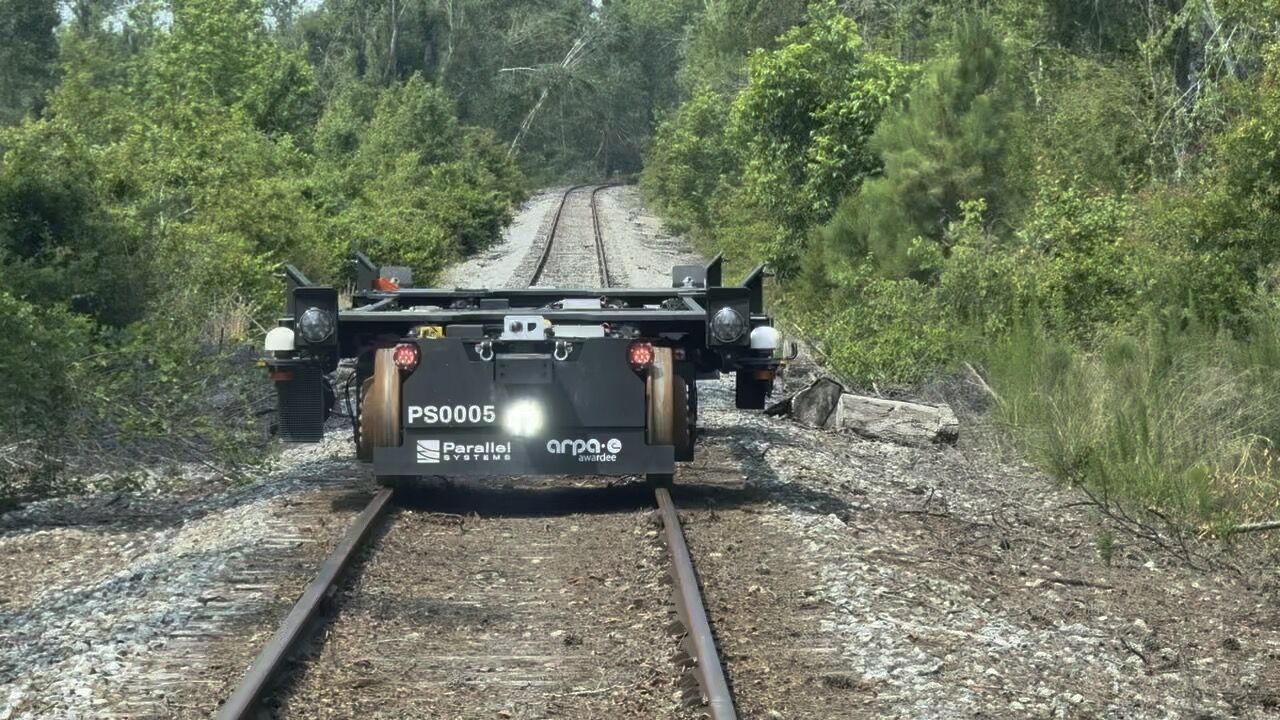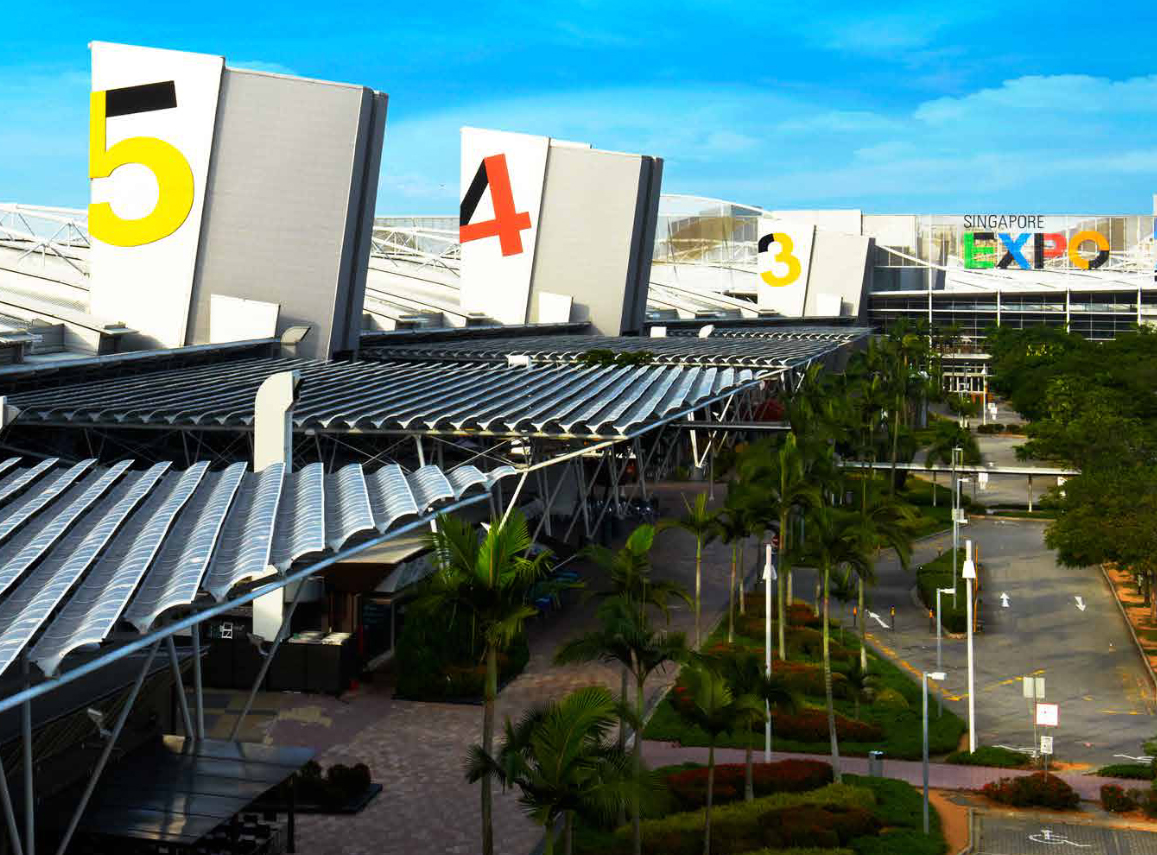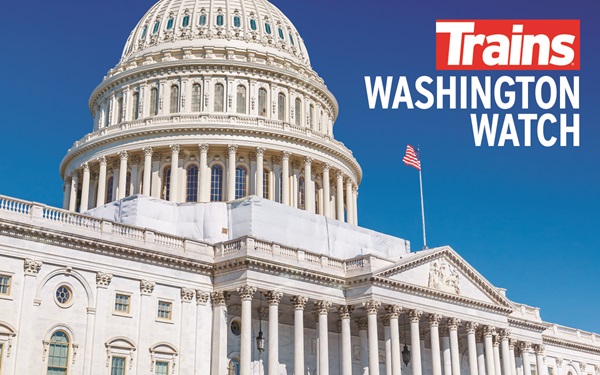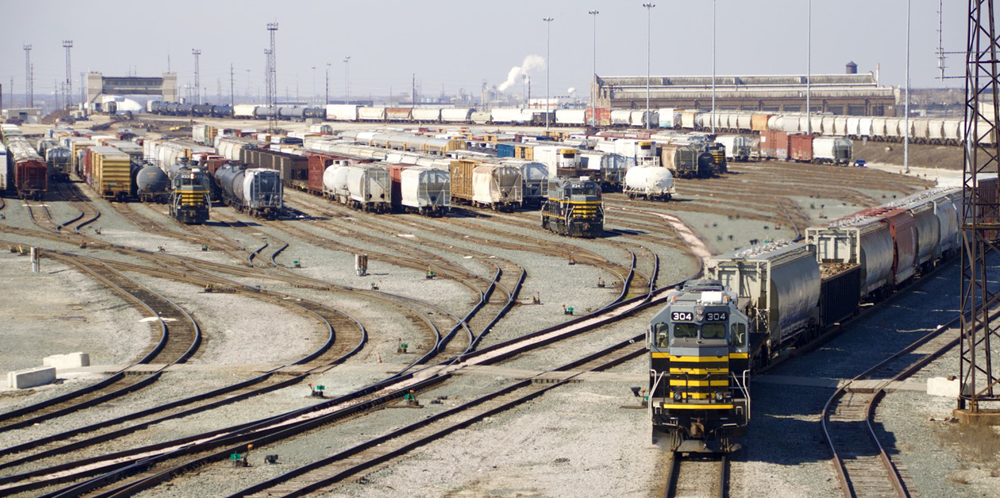The scrapping brings to an end a saga that began in 1998, when New York and Amtrak began the “High Speed Rail Improvement Program,” an effort to improve service over the Empire Corridor. A key component of the program was to be the reconstruction of seven Turboliners that had been manufactured for Amtrak by Rohr Industries in 1976-77 and used on the Empire Corridor and Adirondack Service until the mid-1990s. New York selected Super Steel to perform the work, with the first two trains scheduled to enter service in 1999. After numerous delays they finally entered service in 2003. One of the rebuilt trains was tested on the night of Feb. 15, 2003, reaching 125 mph. Only in service for a brief period in 2003, the three rebuilt sets have remained in storage in Bear, Del., ever since.
In April 2005, New York State reached a settlement with Super Steel to close the rehabilitation project for $5.5 million, cover any remaining costs, and move the four unfinished trains to storage at Glenville. This settlement, when added to the $64.8 million previously spent, brought the total amount spent on the project to $70.3 million. The state sold the four trains for scrap for $420,000.





